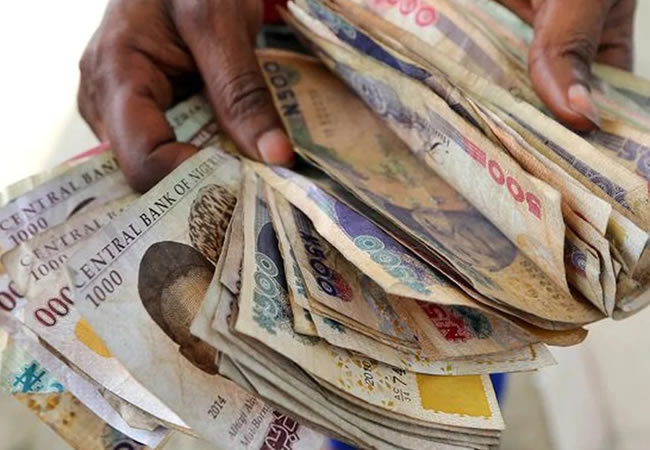On Wednesday, short-term money market benchmark interest rates fell as the banking system’s liquidity strengthened. Investment banking firms reported greater opening system liquidity as a result of Federal Account Allocation Committee (FAAC) credit inflows into the market.
Analysts forecast that short-term benchmark interest rates will fall below 30% this week due to planned inflows into the system. Analysts also remarked that the Treasury bill auction held on Wednesday led banks to draw funds from the Central Bank of Nigeria’s standing lending facility.
This elevate the balance in the financial system, reducing pressures from outflows and stopping market rates to climb further.
The open repo rate (OPR) to decrease by 764 bps to 26.05%, while the overnight lending rate decreased by 776 bps to 26.60%, according to data from the FMDQ securities exchange platform.
The rates decline was driven by improved system liquidity, supported by Remita inflows coupled with FAAC disbursements, which offset outflows from the FGN bond auction settlement, according to CardinalStone Partners Limited.
In an email, Cowry Asset Management Limited told investors that local banks experienced excess liquidity following today’s T-bills maturity, which prompted an uptick in the use of the Standing Deposit Facility.
Consequently, Nigerian interbank offered (NIBOR) rates declined across all maturities. The market recorded the net FGN bond settlement worth N127.48 billion.












